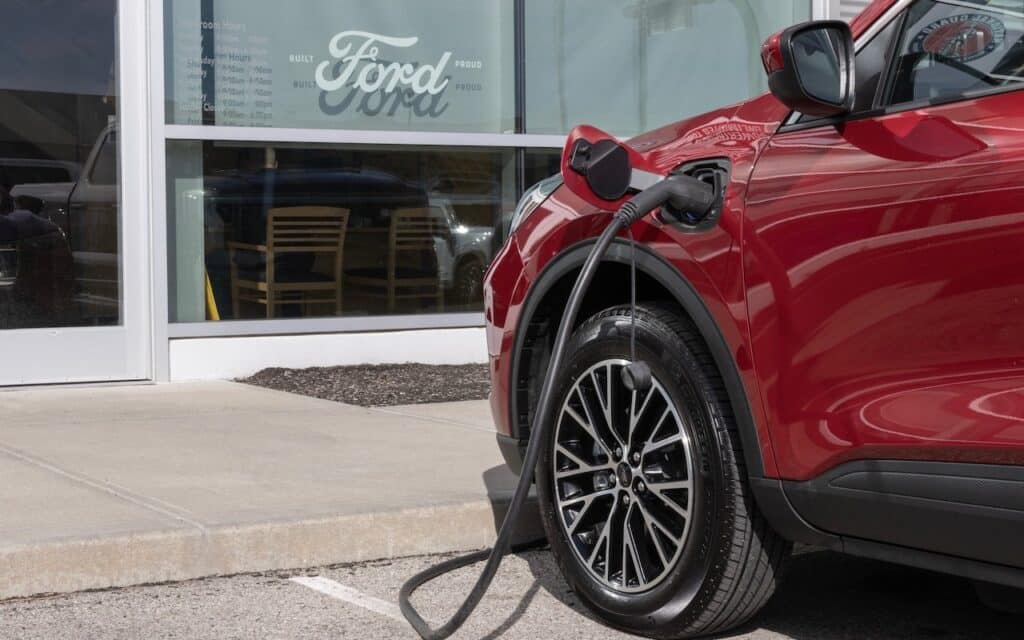
Ford hybrid class action lawsuit overview:
- Who: A pair of Ford hybrid owners filed a class action lawsuit against the automaker.
- Why: The plaintiffs claim Ford sold certain hybrid vehicles with a defect in their high-voltage lithium-ion batteries that can cause them to catch fire and explode.
- Where: The Ford hybrid class action lawsuit was filed in Michigan federal court.
A new class action lawsuit alleges Ford sold certain hybrid vehicles with a defect in their high-voltage lithium-ion batteries that can cause them to catch fire and explode.
Plaintiffs Harry Hilburg, Marianne Bigelow and William Simmons filed the class action complaint against Ford Motor Co. on April 4 in a Michigan federal court, alleging violations of state and federal consumer laws.
According to the lawsuit, Ford manufactured and sold more than 20,000 model year 2020-2024 Ford Escape Hybrid and 2021-2024 Lincoln Corsair Grand Touring plug-in hybrid vehicles with a defect in their high-voltage lithium-ion batteries that can cause vehicle fires and explosions, even when the vehicles are parked and off.
The plaintiffs say Ford was aware of the risk but failed to adequately address it, leaving consumers with vehicles that pose a serious safety hazard.
Ford hybrid class action alleges company failed to fix fire risk
The Ford hybrid class action lawsuit claims the automaker has not yet provided a remedy for the fire risk, but has suggested a software update is forthcoming.
However, the plaintiffs argue that such updates have proven ineffective in the past, as seen in other vehicles with similar battery issues.
While waiting for a fix, Ford has instructed owners to stop charging their vehicles, effectively denying them the use of the hybrid feature they paid a premium for, the plaintiffs argue.
The Ford hybrid class action lawsuit alleges the automaker knew about the fire risk before the vehicles went to market, but chose to prioritize profits over consumer safety.
The plaintiffs claim they would not have purchased the vehicles, or would have paid less for them, if they had known about the fire risk.
The lawsuit seeks damages and a repair under the Magnuson-Moss Warranty Act, as well as damages and remedies for Ford’s violations of state consumer protection acts, fraudulent concealment and omission laws, breaches of implied warranties and unjust enrichment.
In February, drivers slapped Ford and Camel Group (USA) Battery Inc. with a class action lawsuit alleging they designed, manufactured, marketed, advertised, sold, warranted and serviced vehicles equipped with defective batteries.
What do you think of the allegations made in this Ford hybrid class action lawsuit? Let us know in the comments.
The plaintiffs are represented by Steve W. Berman and Rachel E. Fitzpatrick of Hagens Berman Sobol Shapiro LLP and E. Powell Miller and Dennis A. Lienhardt of The Miller Law Firm PC.
The Ford hybrid class action lawsuit is Harry Hilburg, et al. v. Ford Motor Company, Case No. 2:25-cv-10970, in the U.S. District Court for the Eastern District of Michigan.
Don’t Miss Out!
Check out our list of Class Action Lawsuits and Class Action Settlements you may qualify to join!
Read About More Class Action Lawsuits & Class Action Settlements:
- MathWorks class action alleges company secretly monitors website chat conversations
- Class action lawsuit says Nature’s Bakery misleads consumers with ‘healthy’ branding
- Fume e-cigarettes target young people with misleading nicotine labels, class action claims
- Hello Bello class action lawsuit says ‘hypoallergenic’ baby shampoo contains hidden allergens



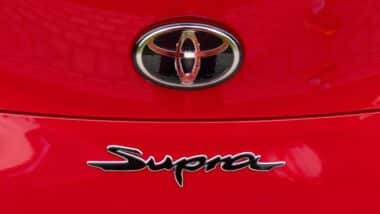
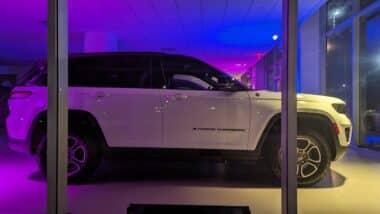
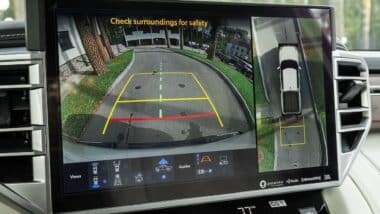
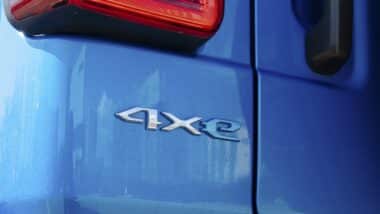
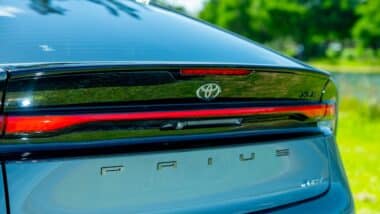

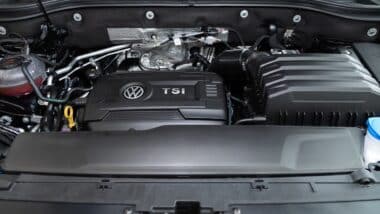


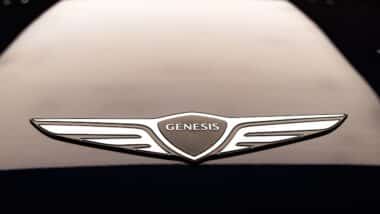
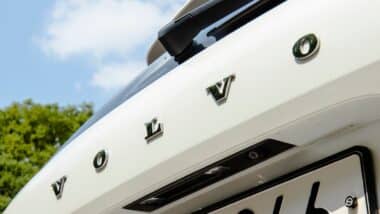
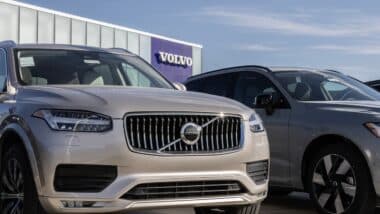
One thought on Ford class action alleges Escape, Lincoln Corsair hybrids have fire risk
Please add me to list